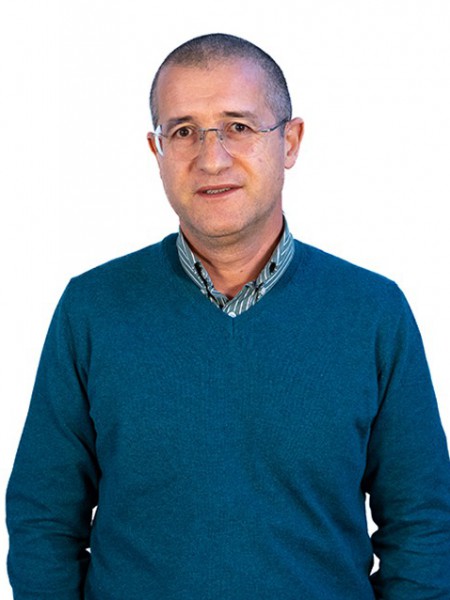abstract
Proanthocyanidin's molecular characteristics, especially mean degree of polymerization (mDP), have a high impact on their anti-inflammatory and antioxidant activities. Nevertheless, the mDP of proanthocyanidin's ex-tracts obtained from the same plant species can change due to the use of different plant varieties or by using plant material grown in different conditions/locations leading to extracts with compositional variabilities, that con-ventional extraction techniques cannot overcome, but that have a great impact on final applications. Eutectic solvents are a new class of solvents that can be prepared by combining a wide variety of compounds in variable proportion allowing for their customization to specific applications. By changing eutectic solvent's composition it is possible to obtain proanthocyanidins with a specific mean degree of polymerization, regardless of the raw material. Herein, the use of a quaternary eutectic solvent system composed by choline chloride, glycerol, water and ethanol that was previously described as an efficient media for the extraction of proanthocyanidins was explored in the standardization of proanthocyanidin extracts' mDP obtained from grape pomace by means of Response Surface Methodology. By adjusting the content of each eutectic solvent component to different grape pomaces, it was possible to overcome the limitations normally observed with conventional solvents. More specifically, the production of proanthocyanidin extracts with the desired mDP values (6.5 and 7.5 were selected for validation purposes) from three different grape pomaces that would otherwise lead to considerably different results.
keywords
PHENOLIC COMPOSITION; BY-PRODUCTS; ANTIOXIDANT; PROCYANIDINS; POLYPHENOLS; GRAPES
subject category
Chemistry; Food Science & Technology
authors
Neto, RT; Santos, SAO; Oliveira, J; Silvestre, AJD
our authors
acknowledgements
This research was funded by Fundacao para a Ciencia e a Tecnologia, Portugal (FCT/MCTES) through the financial support to Aveiro Insitute of Materials, Portugal (CICECO), (UIDB/50011/2020 & UIDP/50011/ 2020) and The Associated Laboratory for Green Chemistry, Portugal (REQUIMTE) (UIDB/50006/2020 & UIDP/50006/2020), FCT/MCTES also funded R. T. Neto Ph.D. grant (SFRH/BD/129174/2017) and S. A. O. Santos's researcher contract (2021.03348.CEECIND).



